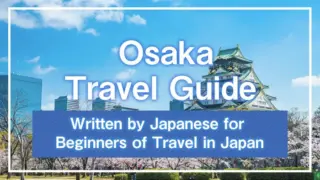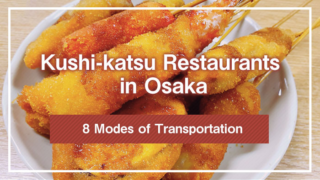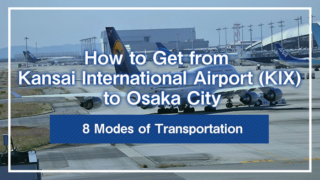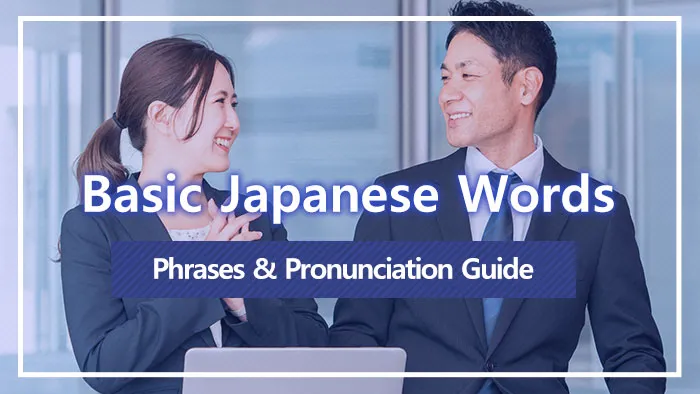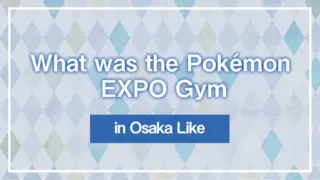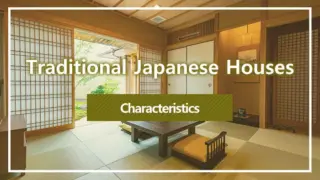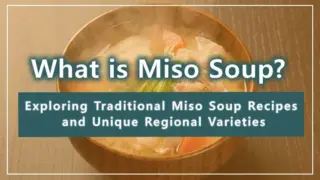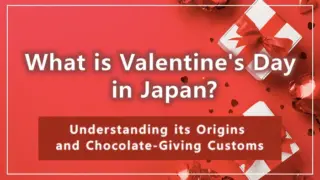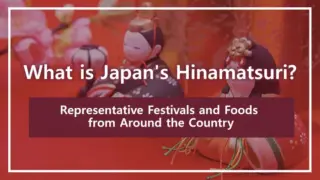Many foreigners visiting Japan for the first time face the “language barrier.” Some people may worry, “Will I be able to order properly at restaurants?” “Will I be able to ask about prices and sizes when shopping?” “Will I be able to ask for help when I get lost?” However, by learning just a few basic Japanese phrases, conversations with locals become smoother, and you can enjoy your trip with confidence.
This article introduces Japanese words and phrases that you can use immediately during your travels, along with English translations and pronunciation guides. By actually practicing conversations out loud, your experiences in Japan will become richer and more memorable.
- 1. 12 Essential Greetings & Phrases for Daily Japanese Conversation
- 2. Japanese Phrases to Get to Know Your Conversation Partner Better
- 3. Food & Drink Vocabulary and Japanese Phrases for Restaurants
- 4. 7 Japanese Phrases You Can Use While Shopping
- 5. 10 Japanese Phrases to Use When You’re in Trouble
- Conclusion
1. 12 Essential Greetings & Phrases for Daily Japanese Conversation
When you meet locals at your travel destination, the first thing you need are basic greetings. Japanese has convenient phrases that are used differently depending on the time of day and situation. For example, you greet with “ohayou gozaimasu” in the morning, “konnichiwa” during the day, and “konbanwa” from evening onward. Use “hajimemashite” when meeting someone for the first time. When expressing gratitude, use “arigatou gozaimasu,” and “sumimasen” is useful when calling out to someone or in situations requiring an apology.
Also, “ogenki desu ka?” for asking about someone’s health and the response “genki desu” are commonly used. It’s also recommended to remember “moshi moshi” for phone calls, and responses like “hai” and “iie.” By mastering greeting phrases, Japanese conversation becomes smoother, and you can also convey friendliness and politeness to the other person.
| Japanese | Meaning |
|---|---|
| こんにちは(Konnichiwa) | Hello. |
| おはようございます(Ohayou gozaimasu) | Good morning. |
| こんばんは(Konbanwa) | Good evening. |
| 初めまして(Hajimemashite) | Nice to meet you. |
| ありがとうございます(Arigatou gozaimasu) | Thank you. |
| すみません(Sumimasen) | Excuse me. / I’m sorry. |
| お元気ですか?(Ogenki desu ka?) | How are you? |
| 元気です(Genki desu) | I’m good./I’ve been doing well, thanks. |
| お久しぶりですね(Ohisashiburi desu ne) | Long time no see. |
| もしもし(Moshi moshi) | Hello(However, only if you are using a phone or Skype.) |
| はい(Hai) | Yes. |
| いいえ(Iie) | No. |
2. Japanese Phrases to Get to Know Your Conversation Partner Better
When you want to expand conversations with people you meet during your travels, phrases for self-introduction and questions are useful. By asking about names, hometowns, hobbies, etc., interactions naturally deepen, and travel memories become richer.
| Japanese | Meaning |
|---|---|
| 私の名前は__です(Watashi no namae wa __ desu) | My name is __. |
| 名前はなんですか?(Namae wa nan desu ka?) | What’s your name? |
| どこからきましたか?(Doko kara kimashita ka?) | Where are you from? |
| 私は__から来ました(Watashi wa __ kara kimashita) | I’m from __. |
| お仕事は何ですか?(Oshigoto wa nan desu ka?) | What do you do for work? |
| 趣味は何ですか?(Shumi wa nan desu ka?) | What’s your hobby? |
3. Food & Drink Vocabulary and Japanese Phrases for Restaurants
Dining is one of the major pleasures of traveling in Japan. By memorizing food and drink vocabulary, and phrases for ordering and payment, you can spend time at restaurants and cafes with peace of mind. From here, we’ll introduce commonly used words and expressions.
3-1. 13 Food & Drink Vocabulary Words
| Japanese | Meaning |
|---|---|
| 水(Mizu) | Water |
| ビール(Biiru) | Beer |
| ワイン(Wain) | Wine |
| 日本酒(Nihonshu) | Sake (Japanese rice wine) |
| コーヒー(Koohii) | Coffee |
| 野菜(Yasai) | Vegetables |
| 肉(Niku) | Meat |
| 魚(Sakana) | Fish |
| パン(Pan) | Bread |
| ご飯(Gohan) | Rice / Meal |
| 朝食(Choushoku) | Breakfast |
| 昼食(Chuushoku) | Lunch |
| 夕食(Yuushoku) | Dinner |
3-2. 7 Phrases for Ordering, Dining & Payment
| Japanese | Meaning |
|---|---|
| これを食べたい(Kore wo tabetai) | I want to eat this. |
| __が食べられません(___ ga taberaremasen) | I can’t eat ___. |
| 注文お願いします(Chumon onegaishimasu) | I would like to order, please. |
| お水お願いします(Omizu onegaishimasu) | Water, please. |
| お会計お願いします(Okaikei onegaishimasu) | Check, please. |
| __をお願いします(__ wo onegaishimasu / __ wo kudasai) | __, please. |
4. 7 Japanese Phrases You Can Use While Shopping
At tourist destinations and shopping malls, there are many situations where you’ll use Japanese in interactions with store staff. Knowing phrases like “kore wa ikura desu ka” to ask about prices and “shichaku dekimasu ka” to request trying something on will make shopping much smoother.
| Japanese | Meaning |
|---|---|
| __はありますか?(__ wa arimasu ka?) | Do you have ___? |
| これはいくらですか?(Kore wa ikura desu ka?) | How much is this? |
| 少し安くなりますか?(Sukoshi yasuku narimasu ka?) | Can you make it a little cheaper? |
| 試着できますか?(Shichaku dekimasu ka?) | Can I try it on? |
| 別の色はありますか?(Betsu no iro wa arimasu ka?) | Do you have it in another color? |
| サイズはありますか?(Saizu wa arimasu ka?) | Do you have this in my size? |
| これにします(Kore ni shimasu) | I’ll take this one. |
5. 10 Japanese Phrases to Use When You’re in Trouble
During travels, you may encounter unexpected situations such as getting lost or not understanding words. In such times, knowing Japanese phrases like “koko wa doko desu ka” to ask for help or “koko ni ikitai desu” to ask about locations will give you peace of mind.
| Japanese | Meaning |
|---|---|
| 分かりません(Wakarimasen) | I don’t understand. |
| 日本語を話せません(Nihongo wo hanasemasen) | I can’t speak Japanese. |
| 日本語を少ししか話せません(Nihongo wo sukoshi shika hanasemasen) | I can only speak a little Japanese. |
| 今なんて言いましたか?(Ima nante iimashita ka?) | What did you just say? |
| もっとゆっくり話してもらえますか?(Motto yukkuri hanashite moraemasu ka?) | Could you speak more slowly, please? |
| トイレはどこですか(Toire wa doko desu ka) | Where is the bathroom? |
| ここはどこですか(Koko wa doko desu ka) | Where am I? |
| __はどこですか?(___ wa doko desu ka?) | Where is ___? |
| 駅はどこですか(Eki wa doko desu ka) | Where is the train station? |
| ここに行きたいです(Koko ni ikitai desu) | I want to go here. |
Conclusion
When traveling to Japan, many people feel anxious about the language barrier. However, by learning just a few basic Japanese conversation phrases, daily interactions become much easier. There are numerous situations where knowing Japanese gives you peace of mind, such as greetings like “konnichiwa” and “arigatou gozaimasu,” expressions for self-introduction and questions, ordering and payment at restaurants, and interactions while shopping.
Commonly used Japanese phrases are not only convenient but also make interactions with locals more natural and can be the catalyst for receiving warm welcomes. By the time you visit Japan next, practice the expressions introduced in this article little by little to improve your conversation skills.
*This article was created based on information as of September 2025.

